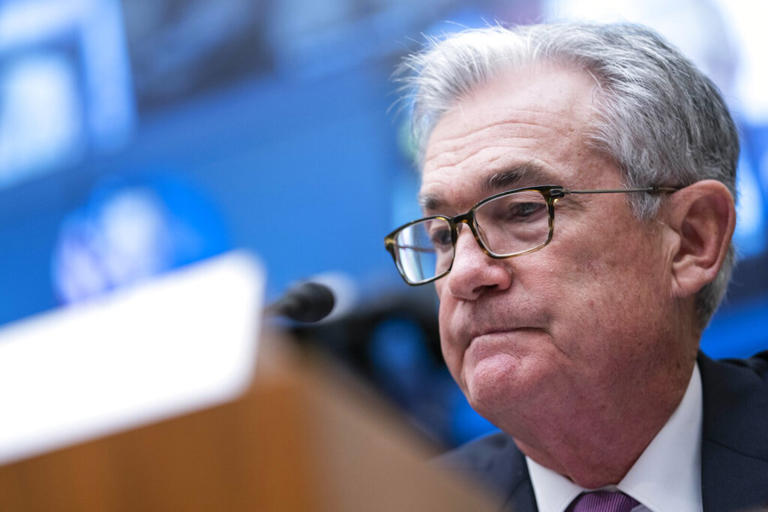
Retail Sales, New Homes Data and Fed Minutes Provide a Late-Summer Read on the Economy
Story by Tim Smart
A mixed bag of economic reports should shed some light on the economy’s health this week as the summer winds down.
First up on Tuesday will be the July report on retail sales. Economists are looking for a gain of 0.4% following June’s 0.2% increase. But since retail sales are not adjusted for inflation and gasoline prices have been rising, the report may not provide a full picture of how retail activity is faring and how strong of a bounce stores saw from back to school spending.
Economists expect that retail sales received a bump last month from Amazon’s Prime Day.
“Looking ahead, the outlook for the consumer is mixed,” Sam Bullard, managing director and senior economist for Wells Fargo’s corporate and investment banking group, said on Sunday. “On one hand, improving consumer confidence, moderating inflation and a still-tight labor market producing decent wage growth are a positive to resilient consumer staying power. Yet with more broadly tighter financial conditions, diminishing excess savings, slowing household income growth and the resumption of student loan debt service are likely to prove to be material headwinds to consumer spending growth in the coming months.”
A pair of reports on housing starts and permits out on Wednesday is likely to show strength in new construction as prospective homebuyers facing limited inventory of existing homes choose new houses instead.
As the Federal Reserve gets ready for its summer confab in Jackson Hole, Wyoming, Aug. 24 to 26, the release of the minutes from the central bank’s July meeting also on Wednesday will afford an opportunity to see how Fed officials saw the economic and inflation landscape ahead of the meeting where they raised interest rates by a quarter point but also hinted at a pause. The next Fed meeting occurs in September, by which time there will be fresh data on the state of the labor market and inflation.
“Consumers broadly have spent down their COVID-19 savings cushion, and that is illustrated by the increased levels of credit card debt and delinquencies, however with rising wages, low unemployment and plenty of jobs, the U.S. consumer has ample income-driven money to spend,” said George Ball, chairman of Sanders Morris Harris investment advisors.
The Blue Chip monthly survey of economists released on Friday still sees a recession on the horizon for the U.S. while acknowledging that economic growth has been surpassing estimates so far this year. Federal Reserve Chairman Jerome Powell last month said the Fed economic staff no longer had a recession in its forecast.
“The US economy is proving to be considerably more resilient than originally anticipated,” with real GDP rising to a larger-than-expected 2.4% quarter over quarter at a seasonally adjusted annual rate in the second quarter and up 2.6% from a year earlier, the Blue Chip survey from Wolters Kluwer found. It said that “domestic demand was a key factor behind growth” in the second quarter, with private sales to domestic purchasers contributing 1.95 percentage points, or 81%, to total GDP growth.
However, it cautioned that economists “still rate a recession as “very likely” in the near term, placing a 50% probability on a recession occurring within the next 12 months, down significantly from the 61% forecast in May.”
“Blue Chip economists attribute expected weakness in the U.S. economy to ‘anemic economic growth’ abroad, with 64% of panelists anticipating that recent weakness in European and Asian economies will slow the pace of the global economy,” it added.
Rounding out the week will be the leading economic index for July. Leading indicators have been flashing recessionary signals for a while now, but at the same time the economy has defied predictions of a downturn. The Federal Reserve Bank of Atlanta’s GDPNow estimate is for 4.1% growth in the third quarter though an update is due on Tuesday.
“We expect a recession to begin between Labor Day and the end of the year,” says Bob Doll, chief investment office at Crossmark Global Investments. “We’re sticking with that, maybe a mild recession.”
Copyright 2023 U.S. News & World Report
